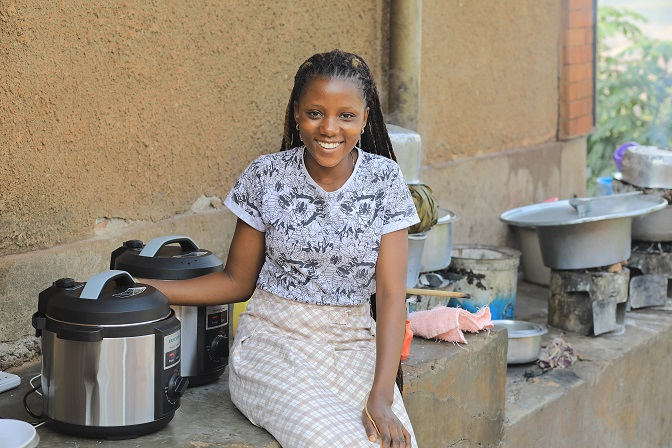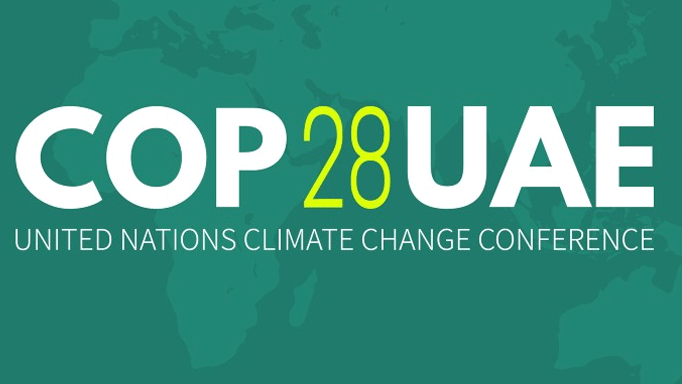Representatives from the Loughborough-led Modern Energy Cooking Services (MECS) programme will join colleagues from a number of other organizations to officially unveil the Global Electric Cooking Coalition (GeCCo) initiative on the main stage at the Al Waha theatre, in Dubai, on December 5 at 11:30-12:30 (GST).
Professor Ed Brown, MECS Research Director at Loughborough University will lead the event alongside anchor partners, Global Energy Alliance for People and Planet (GEAPP), Sustainable Energy for All (SEforALL), and Energising Development (EnDev).
GeCCo’s initial target is to support a mass transition into electric cooking in at least 10 countries from Sub-Saharan Africa, Asia, and Latin America over the next seven years, where electricity increasingly becomes the cooking fuel of choice for a significant (>10%) proportion of households and institutions.
GeCCo aims to achieve its target by working with government leaders and service providers to create ‘action plans’ for mass transition away from traditional biomass fuels such as wood and charcoal.
The event titled, Electrifying Cooking: A just journey towards Net-zero, is aimed at garnering interest from governments, private sectors, international organizations, energy access organizations, utilities and policymakers.
Prof Brown said: “It is becoming increasingly clear that there is an emerging opportunity to rapidly transition millions of people to electric cooking.
“GeCCo brings together a global coalition of partners committed to helping to establish the architecture upon which countries can rapidly and sustainably embark on that transition.
“It will do this by providing leadership, integration of activities, targeted knowledge, and funding that is exclusively focused on the rapid global scaling of electric cooking. We are delighted to be playing a leading role within this endeavour.”

Transitioning to electric cooking is important for a number of reasons.
Biomass fuels have a negative impact on not only the environment and health, but also on society and women and girls’ quality of life.
More than a third of the world’s population cook using these polluting fuels, leading to around four million premature deaths each year – primarily among women and children.
Biomass users spent 70-100% more time gathering fuel and cooking compared to those who use modern energy.
Using charcoal and wood to cook, also has a significant impact on climate change, contributing three per cent of the total CO2 emissions every year.
Other solutions based on expanded use of fossil fuels do not provide a longer-term sustainable path to providing modern cooking facilities for all.
Modern Energy Cooking Services (MECS), an eight-year research programme funded by UK Aid (FCDO), is laying the foundations for an accelerated transition towards affordable low carbon alternatives, such as highly efficient electric cooking appliances.
In 2021 the University launched a new multi-million-pound research centre to help support vulnerable populations in the Global South shape and benefit from the transition to sustainable energy.
One of the core objectives of the Centre for Sustainable Transitions: Energy, Environment and Resilience (STEER) is to work with partners across the world, from decision-makers to energy-poor communities, to make the United Nations’ Sustainable Development Goal (SDG) 7 a reality.
In addition to its world leading research in this area, Loughborough University also offers two cutting-edge master’s programmes on which students are able to learn the skills that STEER is using to shape global agendas and influence policy today: Climate Change Politics and Policy MA and Climate Change Science and Management MSc.
